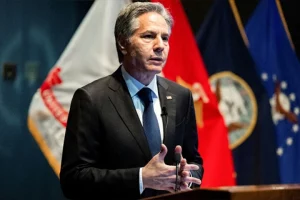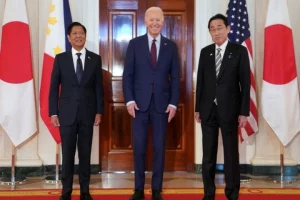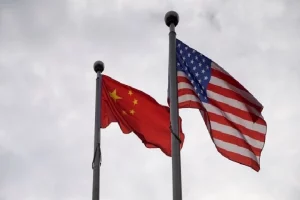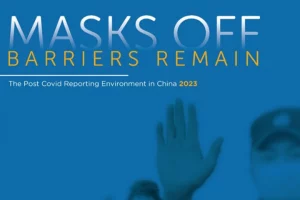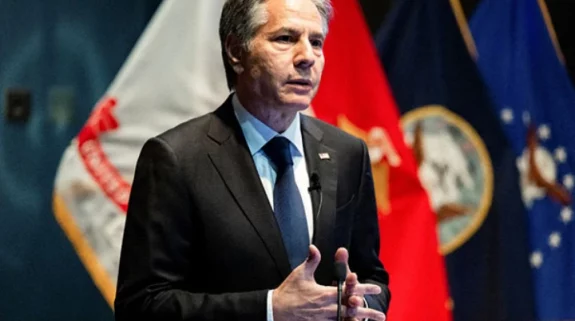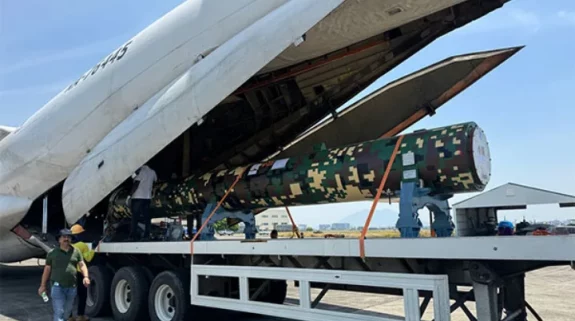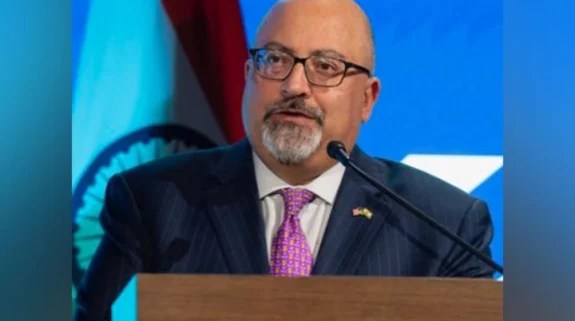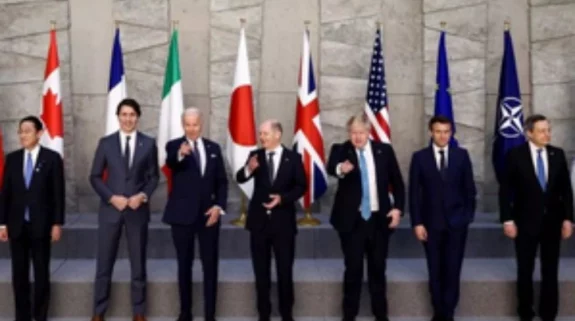President Joe Biden's nominee as U.S. ambassador to China, Nicholas Burns, clearly stated at his Senate confirmation hearing on Wednesday, that “Beijing has been an aggressor against India along their Himalayan border.”
Highlighting China’s increasing belligerence, Burns said, “Beijing has been an aggressor against India along their Himalayan border; against Vietnam, the Philippines, and others in the South China Sea; against Japan in the East China Sea; and has launched an intimidation campaign against Australia and Lithuania.”
"The PRC's (People’s Republic of China) genocide in Xinjiang, its abuses in Tibet, its smothering of Hong Kong's autonomy and freedoms, and its bullying of Taiwan are unjust and must stop," Burns said.
Burns referred to China as the "most dangerous competitor" of the US and said Beijing is "blasting past" its pledge to maintain only a minimum nuclear deterrent, and Washington should work with allies in Europe and elsewhere to build economic leverage.
Burns, 65, a career diplomat and former ambassador to NATO, also said Washington is correct in adhering to its current "One China" policy on Taiwan, but right to oppose actions from Beijing that undermine the status quo.
Some lawmakers, including some of Biden's fellow Democrats, have called for Washington to revisit the decades-old policy, which takes no position on Taiwan's sovereignty.
Burns said China's military threat to Taiwan was growing, but that maintaining the One China policy was the most effective way to deter China from exercising force over the self-ruled democratic island.
"This is a policy that can succeed if we execute it consistently and with some strength," Burns told the Senate Foreign Relations Committee, adding that the most important deterrent was for the United States to maintain its military standing in the Indo-Pacific.
He said the US will challenge China where it must, including when Beijing takes actions that run counter to America's values and interests; threaten the security of the United States or its allies and partners; or undermine the rules-based international order.
“We are also right to support the peaceful resolution of disputes, and to oppose unilateral actions that undermine the status quo and stability in the Indo-Pacific,” he said.
Burns told lawmakers that the US will compete and compete vigorously with China where it should, including on jobs and the economy, critical infrastructure and emerging technologies.
It will cooperate with China where it is in its interest, including on climate change, counter narcotics, global health and non-proliferation, he added.
China, he said, seeks to become the most powerful military, economic, and political actor in the Indo Pacific.
"We must stand with our allies and partners to uphold a free and open Indo-Pacific, including by maintaining America's commercial and military superiority in 21st century technologies.
"We also must hold the PRC (People's Republic of China) accountable for failing to play by the rules on trade and investment, including its thefts of intellectual property, use of state subsidies, dumping of goods and unfair labour practices.
"These actions harm American workers and businesses," Burns added.







